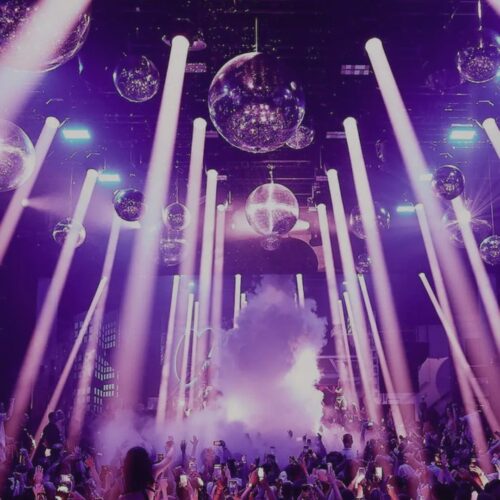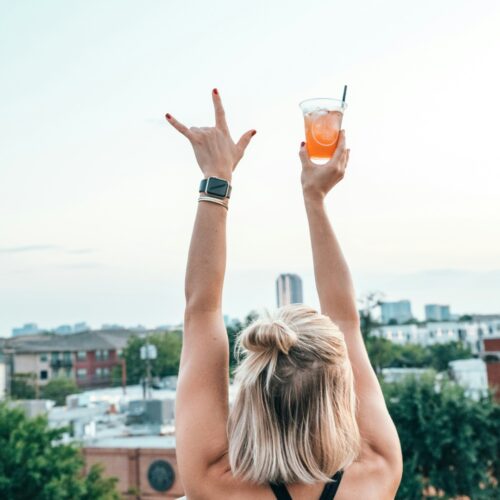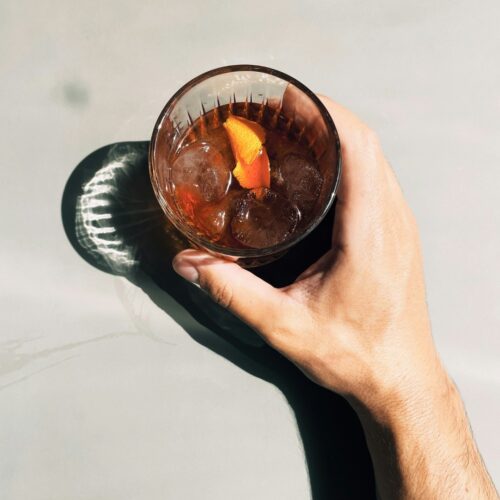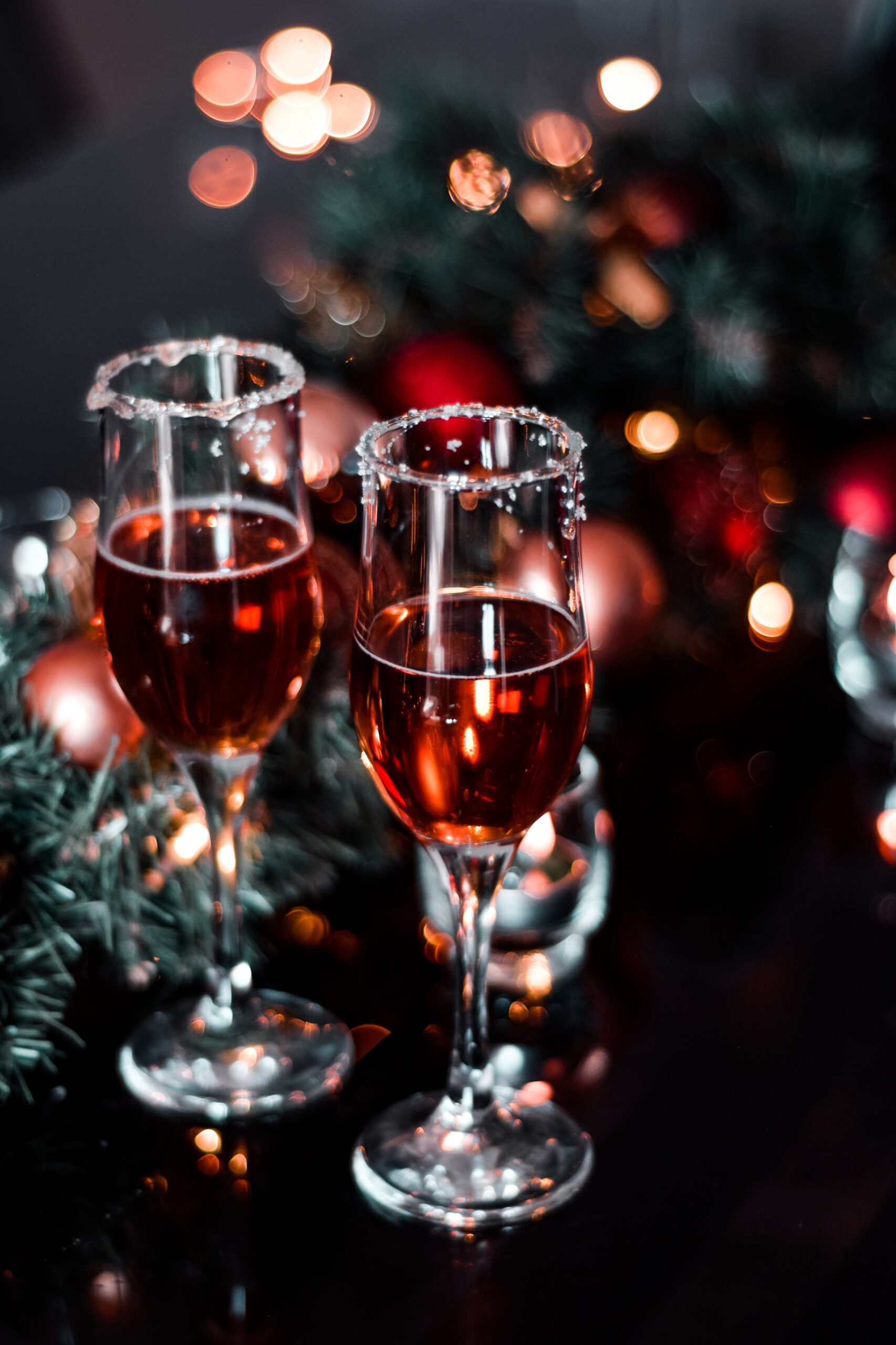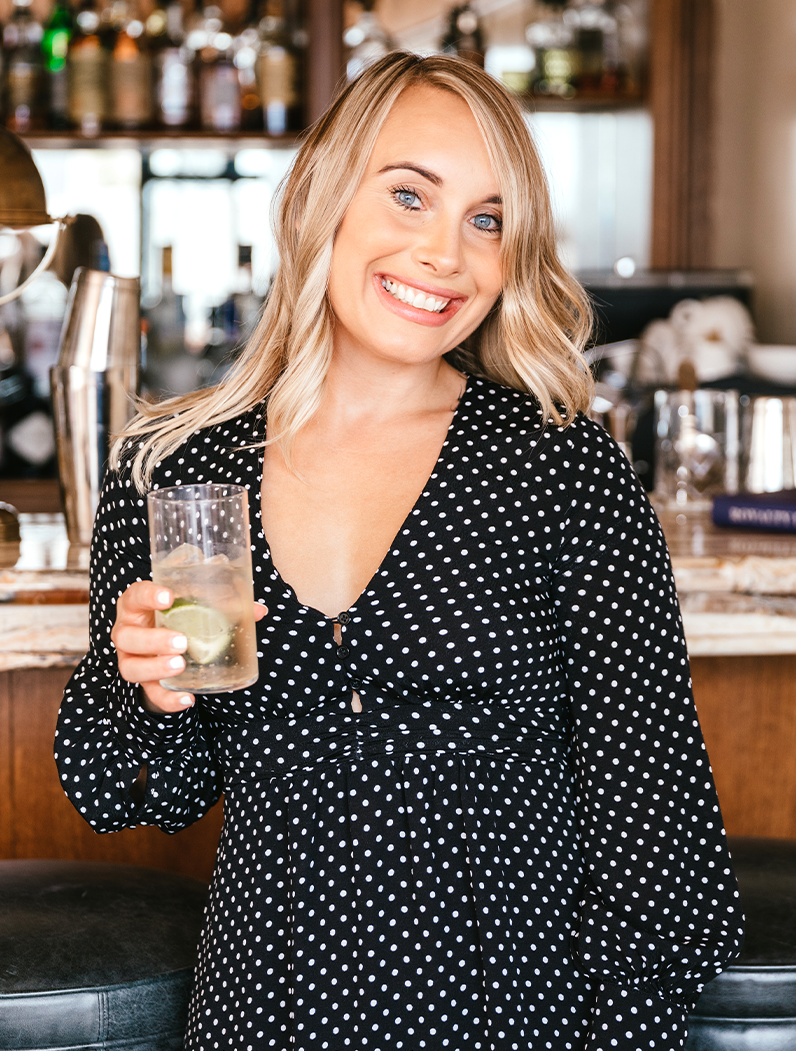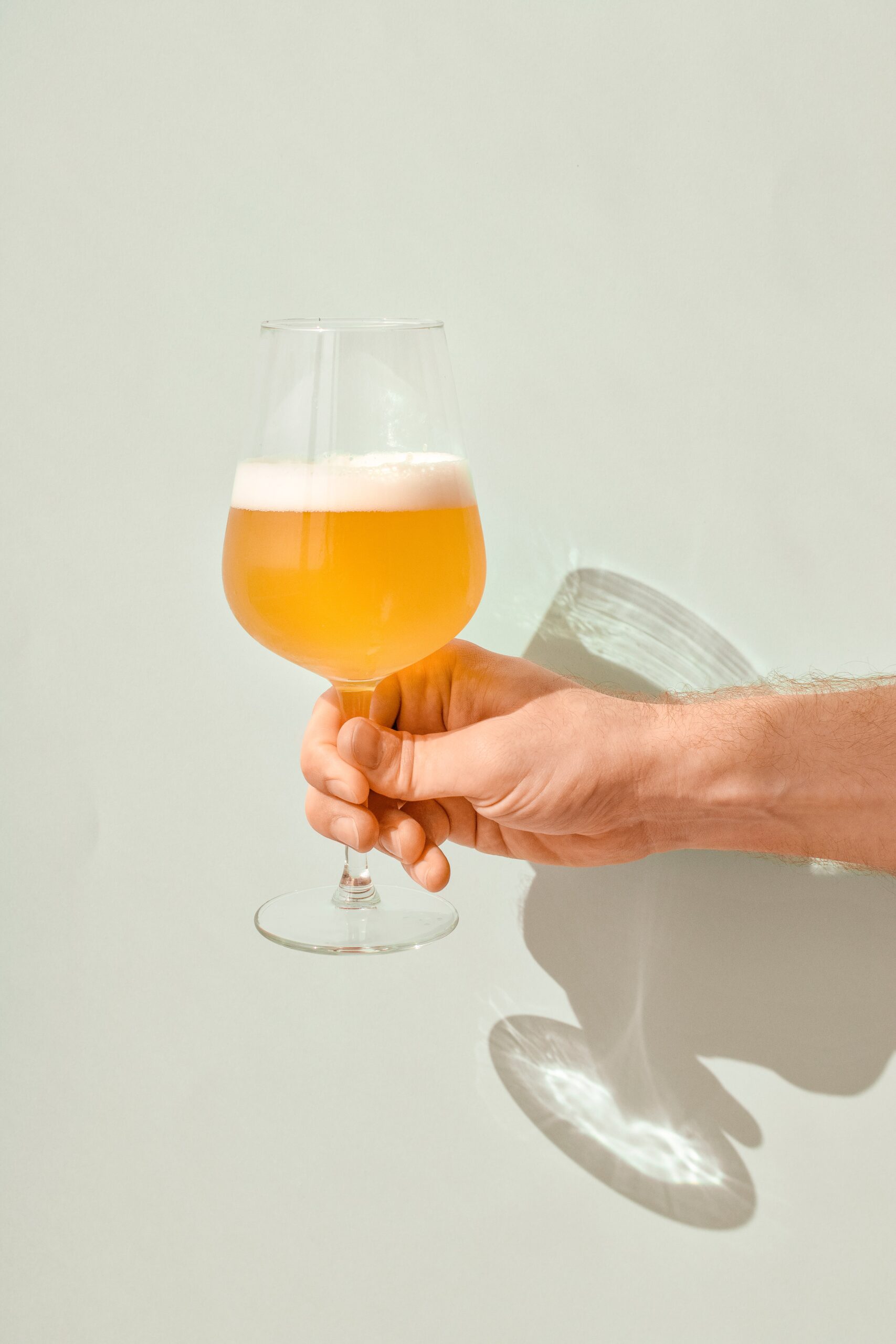- Emily Syphas
- August 30, 2024
Top Six Sober Clubbing Tips
Whether you’re practicing sobriety, cutting back, or simply exploring a different way to enjoy the nightlife, hangover-free clubbing can be a refreshing and rewarding experience. With the right mindset and a few savvy tips, you can dance the night away, fully present and energised, without a drop of alcohol. In this blog, we’ll share our top tips for making the most of your sober clubbing experience, ensuring your night is filled with fun, connection, and unforgettable memories.
Do A Party Crew Check In
Your party crew are a key element to having a successful and fun sober evening. Are the party crew supportive of your sober evening? Is there someone in the group that will be able to take 5 minutes with you if you are struggling? Is there someone else in the group that might not be drinking too that can wing you for the evening? I have had both situations where I have been in groups where everyone is drinking and then when a few people aren’t. Both have worked well but the key is communicating to the group how important this is for you and voicing that you would like to be sorted. I have also not gone to certain events because I didn’t feel the people who were inviting me were supportive enough of my journey.
Get Yourself In A High Vibe
Before a big social occasion I like to meditate, go for a 20 minute run and listen to some house music. I like to keep myself in a high vibe so I’m in a good head space that not only helps keep me confident in my choice to have a sober evening but it makes me feel good and puts me on a high before I even arrive for the evening.
Make Your Drink Choices Before You Arrive
Decide what will be your first drink choice of the evening, the choice you will make because you like the drinks, the choice you will make if you need some energy and the choice you need to keep you hydrated (newsflash: its water). Let’s be honest, nightclubs still haven’t got on the vibe with AF offering so this will probably have to be kept quite basic. For example I will start with an alcohol free beer, drink water constantly and if I am planning a BIG night (hello 6:00am) then I will plan to have a Red Bull to keep me going. Planning what you will have before you go will ease the thoughts of what else is available (aka a glass of wine).
Wear The Right Footwear
Now you are no longer clubbing booze infused it’s critical you wear the right comfy footwear for clubbing. There is no drinking through the pain on this night out and your senses can be a lot more heightened sober and you don’t want this to stop you from throwing sober shapes on the dancefloor.
Look For Moments Of Joy
I want you to look around and feel present and really notice the moments of joy. Is it reconnecting with a friend and dancing? Is it hearing your favourite tune being played? Is it the energy of the club? Is it seeing people laughing together? Is it feeling proud of yourself that you are actually enjoying yourself and feeling free of any substance? Not only will this help you to feel more joy during your evening but you’ll also feel more present and realise the reasons you are enjoying yourself isn’t about the alcohol. If you’re feeling triggered it’s a great exercise to do to get past the craving.
Plan How You Will Get Home
Plan this before you arrive so this isn’t something occupying your mind should you want to leave early or indeed stay for the whole party. Is there a local taxi number you can take with you? Will you pre-book something before you head out? Is there someone that will leave with you should you want to leave before everyone else? Do you have your hotel/villa address? Planning this will help your evening feel like it’s sorted and the only thing left to do is ENJOY yourself!
Alcohol-free clubbing is more than just a way to avoid a hangover – it’s an opportunity to engage more deeply with the music, your friends, and yourself. By focusing on the positive aspects of the experience, from clear-headed conversations to energising dance moves, you can redefine what a night out means to you. So next time you hit the club, try having a hangover-free night or improving your current AF clubbing experiences.






